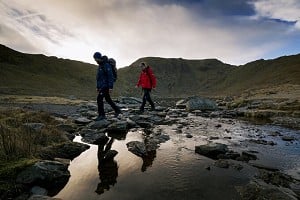
Top climber and aspirant mountain guide Calum Muskett wishes to highlight the importance of the current consultation on Wales' natural resources and encourages everyone - Welsh resident or not - to get involved.
Outdoor tourism in Wales is booming. With the rise in popularity of the 'staycation', the low cost of sterling bringing in many foreign visitors and a raft of successful tourist campaigns from Visit Wales the roads, mountains, beaches and villages of Wales' National Parks are becoming busier year on year. Outdoor activity tourism contributed £481 million to the Welsh economy in 2012 and North Wales was listed as one of the top four places to visit in the world in this year's Lonely Planet list. Although the rise in tourism has brought a much-needed economic boost to parts of the country, it has also brought with it problems of its own, with an increase in strain on local infrastructure and raising questions over current land management practices in the Parks.
Major changes to National Parks in Wales were proposed in the 'Future Landscapes Wales' report recently published by the Welsh Government. This report was met with much criticism as it seemed to counter the very principles set out to conserve the National Parks and posed an existential threat to the places that locals and tourists alike love so much. At the heart of this debate appears to be the monetisation of national resources and a different take on the utility of rivers, coastlines and mountains.
The two main purposes of National Parks are the conservation of the natural environment and the provision of good access for the public. This most recent review has led many to question whether the Welsh Government still upholds these purposes with a downgrading of conservation principles and talk of scrapping the 'Sandford Principle' which is considered by many to be the cornerstone of conservation in National Parks.
"National Park Authorities can do much to reconcile public enjoyment with the preservation of natural beauty by good planning and management and the main emphasis must continue to be on this approach wherever possible. But even so, there will be situations where the two purposes are irreconcilable...Where this happens, priority must be given to the conservation of natural beauty." Lord Sandford, 1974
Described as a "step backwards" by the UK assessment panel of the World Commission on Protected Areas, the review is seen to hardly mention conservation for either Areas of Outstanding Natural Beauty (AONBs) or National Parks. The group concluded by saying "If acted upon, the recommendations in the Future Landscapes report would make it impossible for the panel to continue to accord international recognition to Wales' [National Parks] and AONBs as protected areas."
This very real threat is of major concern to conservation and outdoor recreation groups across Wales. Wales has three National Parks: Snowdonia, Pembrokeshire Coast and the Brecon Beacons as well as five AONBs: Llŷn, Clwydian Range and Deeside, Anglesey, Wye Valley and the Gower. What concerns these groups most is not only the proposed changes but what appears to have been the slipping in standards over the last few years with regards to land management and the handling of planning applications.
Before and increasingly since the recession of 2008 nationalised bodies have been hit hard by big budget cuts in the name of austerity. The UK environmental sector has borne much of the brunt of austerity measures in recent years. The natural environment has been seen as an easy target for cost efficiency targets and perhaps now we are beginning to feel the effects of these cuts.
By 2015, Snowdonia National Park Authority (SNPA) had seen its budget cut by 40% in the preceding decade. In 2013, Natural Resources Wales (NRW) was formed; a merger including the Environment Agency for Wales, the Countryside Council for Wales (CCW) and the Forestry Commission of Wales. The Welsh Government has claimed that this merger will make savings of £158 million in the ten years following its inception. Unfortunately, there have already been signs of concern over the working practice of this merger with key figures formerly from the CCW and Forestry Commission stating that the voices of their respective bodies are being ignored in the new organisation. This problem, coupled with crippling cuts from the Welsh Government, have called into question the effectiveness of Natural Resources Wales in dealing with the broad scope of its work and the often-conflicting views of staff members from ecologists through to management.
Renewable energy has often been the bone of contention in Wales' National Parks between planning officers, utility companies and conservation groups. Many of the proposed changes put forward in the FLW report will have a direct effect on the ease of which utility companies and businesses can push planning applications for renewable projects through; some conservationists have even gone as far as to suggest that this is one of the main purposes of the report by removing power from the planning authorities.
The most recent swathe of renewable energy applications going through the planning and build phase have come in the shape of micro and small hydro schemes. The popularity in these projects follows an increase in the Government's feed-in-tariff (FIT) scheme where land owners, communities and utility companies alike have been able to monetise from upland streams. The renewables industry in the UK is an ever-changing beast with successive governments setting new targets and changing the goal-posts for desirable energy generation.
To get a better understanding of the need for renewable electricity and the process involved in setting up micro and small hydro schemes I spoke to Glyn Hudson, the co-founder of 'Open Energy Monitor' who has recently been involved in two community based micro-hydro schemes in Gwynedd.
"While subsidies have had a part to play in making many of these small and micro hydro projects financially viable, these subsidies are in place because of the need to respond to the wider environmental challenge.
"Appropriately designed and conscientiously installed small and micro hydro schemes have a very minimal environmental impact over their 100+ lifespan. While a scheme can look unsightly in the build phase - after a short while small run of the river hydro projects with their pipes buried become almost invisible. These projects have to adhere to strict abstraction limits for the benefit of aquatic biodiversity and where the pipes are buried the visual impact is minimised."
Renewable electricity is becoming big business now that the UK and many other countries have made major pledges in the Paris Agreement to limit global temperature rises to at least two degrees Celsius above pre-industrial times. But at what ecological cost and for what energy return?
Tight planning rules in upland areas must be adhered to in detailed Construction Method Statements 'CMS' which are in place to protect the stream and surrounding area from ecological damage. Whilst there are many good examples of micro and small hydro schemes being installed there are also a growing number of cases where construction companies have ignored these CMS's in a bid to save time and money, causing greater ecological damage as well as in some cases re-directing streams and irreversibly destroying habitat. I got in touch with Dan Yates, a conservationist and lead activist for the 'Save our Rivers' campaign group to see if these concerns were well founded:
"Most of these upland streams are in fragile habitats often designated as SSSIs or SACs. Wetland areas are particularly vulnerable to the trenching required for pipelines and the use of heavy construction equipment. There has been a spectacular lack of respect shown to these environments by some of the developers of these schemes with carefully planned 'Construction Method Statements' (CMSs) being submitted to planning in order to cause the minimum impact and subsequently being ignored."
Mr Yates went on to say, "The SNPA seems unable to cope with the volume of applications it has received for hydro schemes in the last few years. We have seen situations of developers breaking the conditions of their planning application with no consequence or monitoring and the bizarre situation in which the SNPA planning officer recommended the Conwy Falls hydro scheme for approval despite the senior park ecologist, tree preservation office and senior planning policy officer all recommending it be rejected. The SNPA also refuses to consider the accumulative effect that multiple hydro schemes may have, instead of considering each scheme individually. This leads to cases like the Llanberis pass where every single tributary of the Nant Peris has a hydro scheme on it, the impact of such a major change to a watershed is completely unconsidered in the planning process."
Whilst many will disagree with the type, size and application of renewable energy, most people will be in accord that there should be a thorough and consistent planning process where ecological damage is of upmost concern. The changes proposed in the FLW report could come close to giving utility companies a carte blanche on planning applications where profit often outweighs environmental impact in importance.
On 6th June 2017, two days before the general election, there was a debate at the Senedd, home to the Welsh Assembly, over the review of designated landscapes in Wales. It was in this debate that the Future Landscapes of Wales report was discussed before it would go on to be passed as primary legislation in a plenary debate. After a choreographed awareness campaign between conservation and outdoor recreation groups, AM's were lobbied across the country over this final opportunity to halt the implementation of this damaging report. AM's spoke almost unanimously against the report, echoing the views of their constituents in impassioned and well researched speeches to waylay the application of the Future Landscapes Wales report in its current form.
Action Time
Three months later and we are now nearing the deadline (30th September) for the Welsh Government's consultation paper on 'Taking Forward Wales' Sustainable Management of Natural Resources'. The consultation is wide ranging with access and conservation issues that will have direct implications on the way we enjoy and see the outdoors in Wales to more specific issues that will influence land management practices from farming to forestry. This consultation follows the publication and reaction to the 'Future Landscapes of Wales' report with areas covering similar ground to the aforementioned report, but overall it is much broader in its scope.
This consultation raises rare and exciting opportunities to improve access to the Welsh outdoors but, as with any consultation, it also opens potential for access to be limited further should many of those who enjoy outdoor recreation in Wales not respond. At the centre of this consultation process lies the issue of responsible access to the outdoors. The BMC, British Cycling and Canoe Wales have all taken steps to respond to this consultation on the basis of better access for all, which should enable outdoor recreation users of all interests to engage in the outdoors on an equal and responsible footing.
Whilst many of the readers on this website are climbers, hillwalkers and fell runners who benefit from the Countryside and Rights of Way act, remember that in Wales access laws are more complicated for other recreations such as kayaking and mountain biking. This consultation provides an opportunity for Scottish style open access in Wales. In Scotland, open access has been a resounding success and in Wales, although the area of land is much smaller, the population density and land usage have many similarities. Please don't let the bad behaviour of a few outdoor users taint your judgement of a group as a whole. A mountain biker speeding dangerously down the Llanberis Path on Snowdon past a group of walkers is no more representative of bikers than the individual who was rescued off Snowdon last week for getting hypothermia whilst heading up the same path in his boxer shorts.
If you haven't yet responded to this consultation and you regularly venture into the Welsh outdoors then I implore you to do so. You don't need a Welsh address to respond to this consultation and you can find user friendly email responses that take less than a minute to put together to the consultation below.
The BMC have made an easy email response to this consultation here.
British Cycling have put together a very simple and fast response here.
British Canoeing have collected information on how to respond here.
Whilst the proposals surrounding access are very exciting, those concerning the future management of our National Parks are largely echoed by the Future Landscapes of Wales report and responding to consultation on management is no less important than commenting on access issues. Responses by individuals to the FLW report made a huge impact at the Welsh Assembly back in June and if the same level of response is made again then the future of Welsh National Parks might be bright indeed.
You can respond using templates provided by –
Or the Snowdonia Society here.

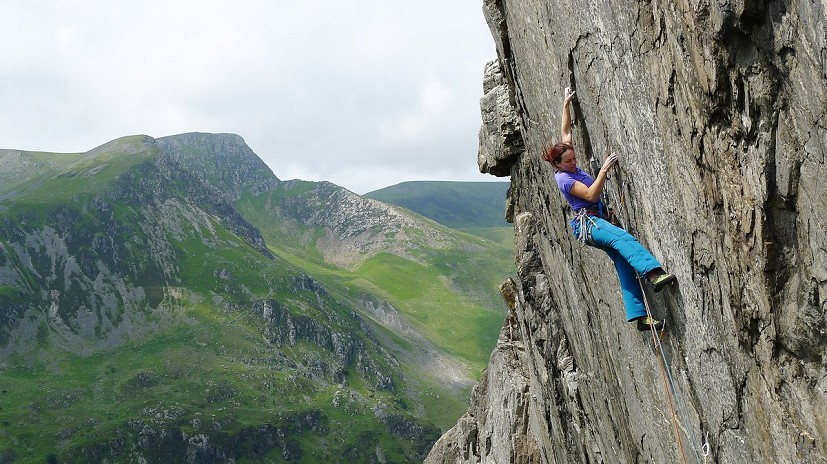
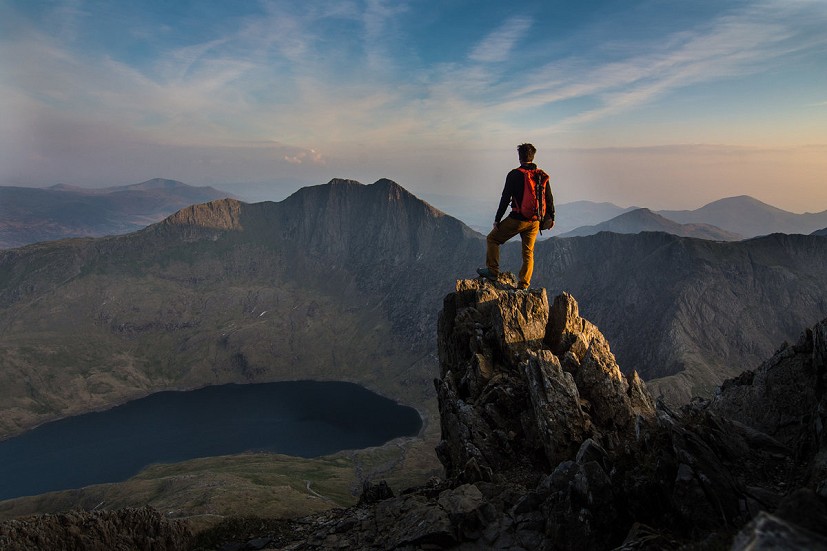
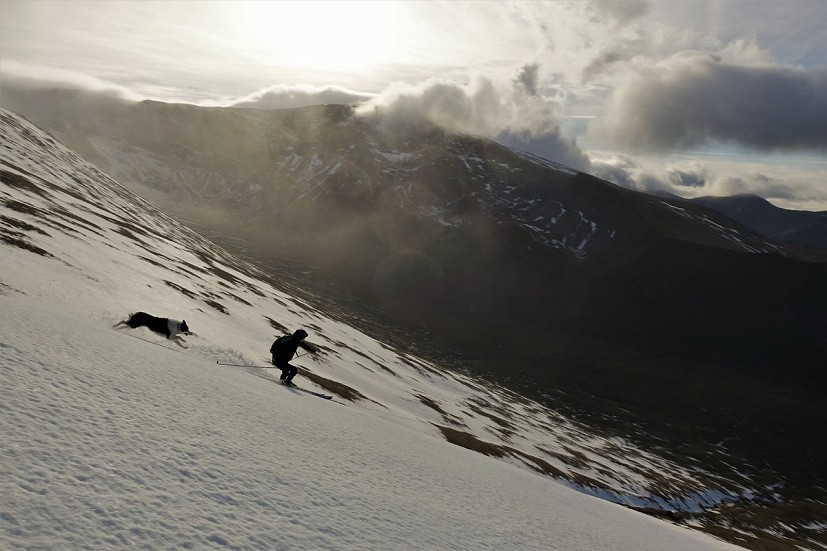
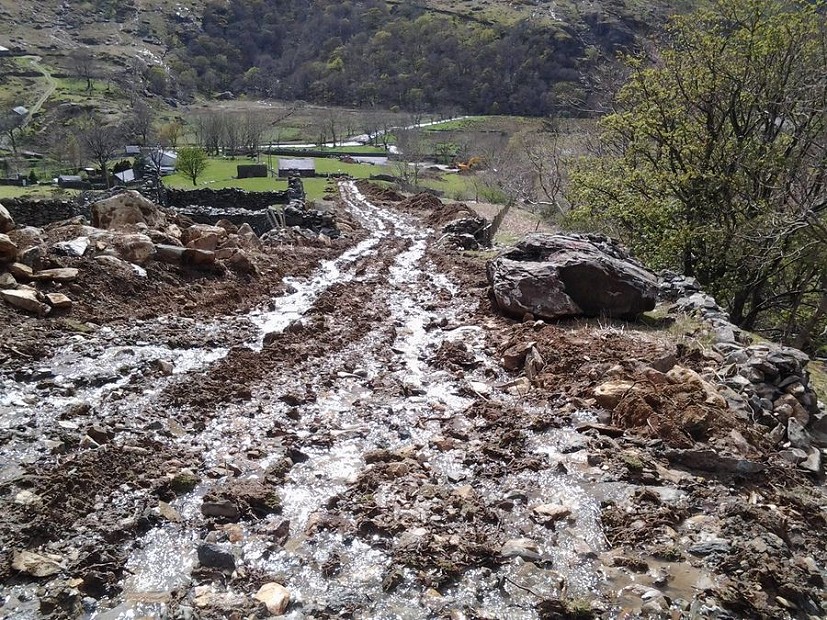
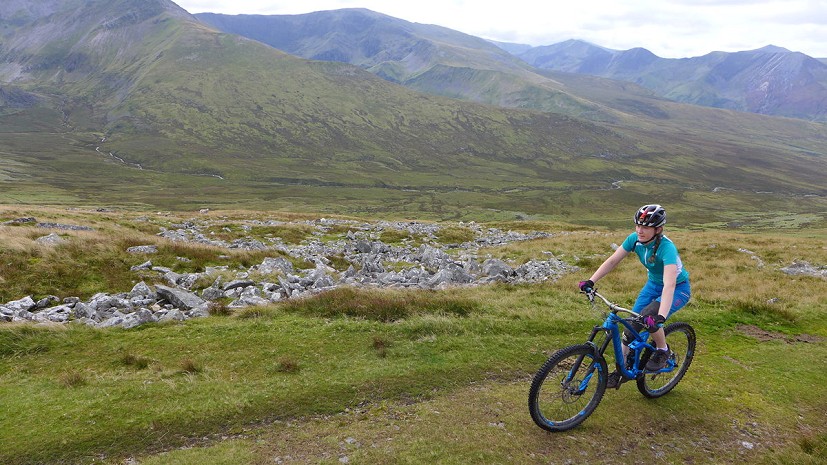
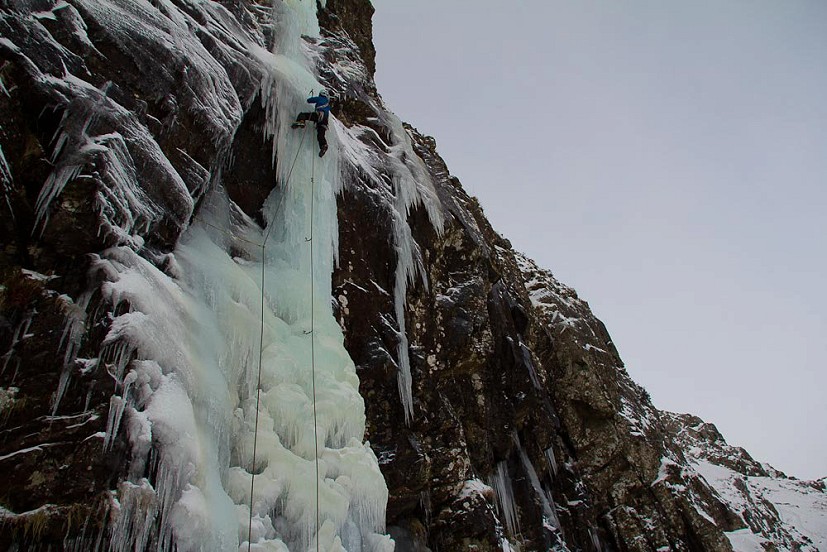
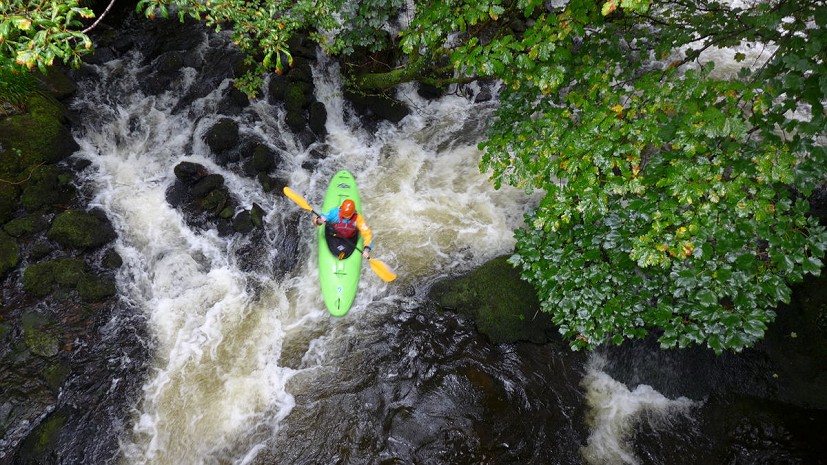
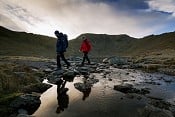




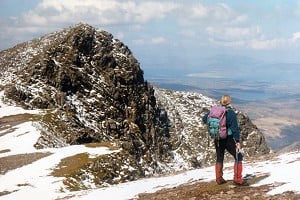
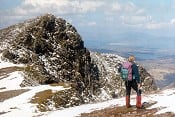
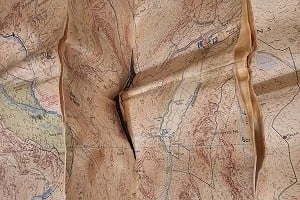



Comments